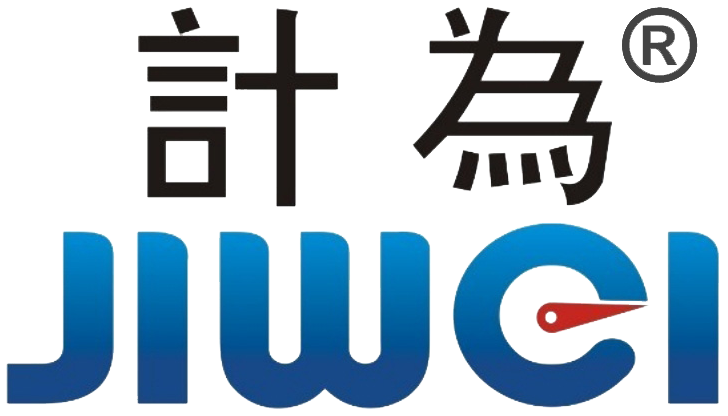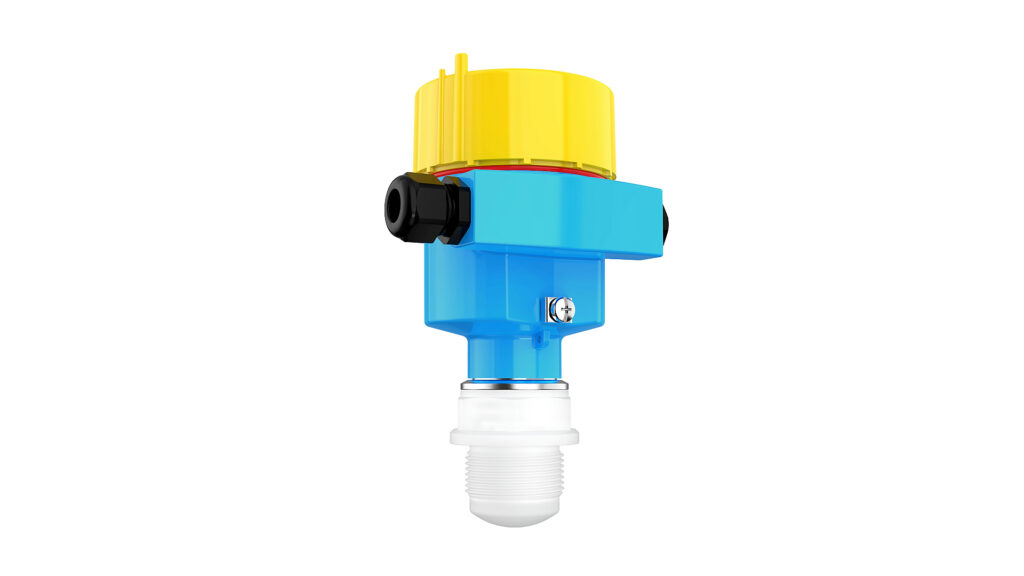How Flexible Intermediate Bulk Containers (FIBC) Benefit from Accurate Level Measurement with Radar Sensors
Introduction
Flexible Intermediate Bulk Containers (FIBC), commonly known as bulk bags or BigBags, are widely used across industries to transport and store granular raw materials. These bags offer a cost-effective and practical solution for material handling. However, one of the key challenges in utilizing FIBCs effectively is ensuring accurate monitoring of the material levels inside these containers. This is where advanced level measurement technologies, particularly radar level sensors, come into play. In this article, we will explore how radar level measurement can optimize FIBC applications, ensuring more efficient and reliable material handling processes.

Why Level Measurement in FIBC Matters
Flexible Intermediate Bulk Containers are used in various industries, including food processing, chemicals, pharmaceuticals, and construction. They store a variety of materials such as powders, granules, and pellets. Properly monitoring the material levels inside these containers is crucial for several reasons:
- Ensuring Continuous Production: Accurate level measurement ensures that materials are consistently available for production, preventing potential downtime caused by shortages or overfills.
- Optimizing Storage: Properly monitoring the filling process ensures that FIBCs are neither underfilled nor overfilled, optimizing storage and reducing material waste.
- Improving Safety: Accurate level measurement allows operators to avoid overfilling, which can lead to spills, accidents, or damage to the bags.
Given these factors, it’s clear that integrating an effective level measurement system into FIBC operations can drastically enhance operational efficiency, reduce costs, and improve safety.
The Role of Radar Level Measurement in FIBC

Radar level measurement technology has emerged as one of the most reliable and precise methods for monitoring material levels in various industrial applications, including FIBCs. Traditional level measurement systems, such as mechanical or ultrasonic sensors, may struggle with the irregular shapes and diverse materials typically stored in Flexible Intermediate Bulk Containers. Radar sensors, however, offer several distinct advantages that make them the ideal choice for level measurement in bulk bags.
- Accuracy and Reliability: Radar level sensors work by emitting microwave signals that reflect off the surface of the material. This allows them to provide highly accurate and reliable level measurements, regardless of the material type, density, or environmental conditions. This is particularly important in applications where consistency and precision are critical.
- Media-Independent Measurement: One of the key benefits of radar level measurement is its ability to operate independently of the medium it is measuring. This means that radar sensors can work effectively in a wide range of materials, including powders, liquids, and granules, without the need for recalibration or adjustments. For FIBCs, this ensures that the radar sensor can handle a variety of substances without any loss in measurement accuracy.
- No Contact with Material: Radar sensors are non-contact, meaning that they do not come into direct contact with the material inside the flexible intermediate bulk container. This is a significant advantage in applications where the materials are difficult to access or handle. Additionally, because radar sensors do not require physical contact, there is less risk of wear and tear, leading to longer sensor lifespans.
- Resistance to Harsh Conditions: Radar sensors are not affected by temperature, pressure, or humidity changes, which can be problematic for other types of sensors. This makes them ideal for monitoring material levels in Flexible Intermediate Bulk Containers that may be exposed to fluctuating environmental conditions.
How Radar Sensors Enhance FIBC Efficiency
Integrating radar level sensors into Flexible Intermediate Bulk Container operations provides several benefits that can enhance overall efficiency:

- No Need for Sensor Removal: One of the key benefits of radar sensors in FIBCs is that they do not need to be removed when the bags are replaced or changed. This ensures that the measurement process is continuous, without the need for dismounting or reinstallation of the sensor each time a new container is used.
- Cost-Effective: Although radar level sensors may have a higher initial cost compared to traditional systems, their durability, reliability, and low maintenance needs make them a cost-effective solution in the long run. Their ability to continuously provide accurate measurements ensures that production runs smoothly, reducing downtime and improving overall process efficiency.
- Simplified Integration: Radar level sensors can be easily integrated into existing FIBC handling systems, such as pneumatic lines and conveyor belts. Their ability to provide real-time data allows for seamless communication between sensors, controllers, and the broader automation system, leading to optimized production workflows.
Applications of Radar Level Measurement in FIBCs
Radar level measurement is used in a wide range of industries where Flexible Intermediate Bulk Containers are commonly employed. Here are some examples:
- Chemical Industry: Storing and handling bulk chemicals, such as powders or granules, requires precise level measurement to avoid overfilling or shortages that could disrupt production. Radar sensors help ensure the accurate monitoring of materials, improving operational efficiency.
- Food Processing: In the food industry, maintaining accurate levels of ingredients stored in FIBCs is essential for consistent product quality. Radar sensors help prevent errors caused by inconsistent material flow, ensuring that the correct amount of ingredients is always available.
- Pharmaceuticals: In pharmaceutical manufacturing, precise material handling is crucial for regulatory compliance and product consistency. Radar sensors ensure that the right amount of raw material is available for each production batch.

Conclusion
Radar level measurement offers significant advantages when used in conjunction with Flexible Intermediate Bulk Containers (FIBC), making it the preferred choice for industrial applications requiring precision and reliability. By utilizing radar sensors, companies can enhance efficiency, reduce downtime, and improve safety while ensuring accurate monitoring of material levels. As industries continue to adopt automated systems for material handling, radar level measurement will play an increasingly important role in optimizing FIBC operations, ensuring cost-effective and uninterrupted production processes.
For industries relying on Flexible Intermediate Bulk Containers, the integration of radar level sensors is a smart investment in enhancing operational efficiency and reliability.

